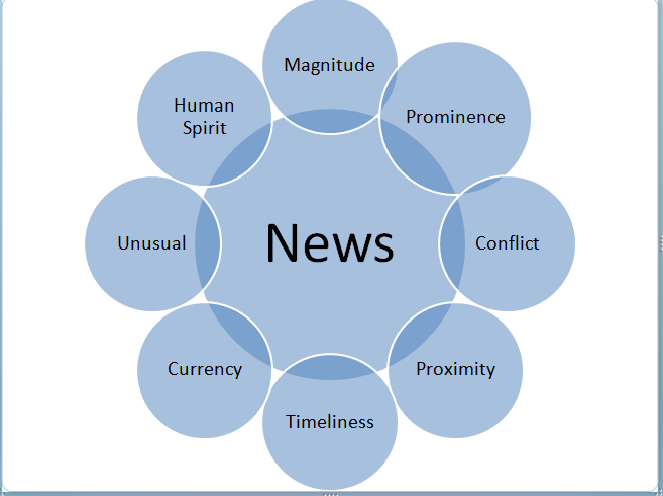Newsletter Publishing Magic Can Be Fun For Everyone
Wiki Article
Newsletter Publishing Magic Fundamentals Explained
Table of ContentsAll About Newsletter Publishing MagicFascination About Newsletter Publishing MagicSome Known Factual Statements About Newsletter Publishing Magic

Similar developments are discovered in the Slavic languages namely cognates from Serbo-Croatian (from, "new"), Czech and Slovak (from, "new"), the Polish nowiny, the Bulgarian novini and Russian novosti and also in the Celtic languages: the Welsh newyddion (from newydd) and the Cornish nowodhow (from nowydh). Jessica Garretson Finch is attributed with coining the phrase "current events" while showing at Barnard College in the 1890s. The newness of information provides it an unclear top quality which differentiates it from the much more careful investigations of history or various other academic disciplines. Whereas chroniclers often tend to watch occasions as causally associated indications of underlying processes, newspaper article have a tendency to define events alone, and to leave out discussion of the relationships between them
To make the news, a recurring process must have some "peg", an event in time that anchors it to the here and now minute. Relatedly, news usually deals with facets of fact which appear unusual, deviant, or unusual. Therefore the well-known dictum that "Pet dog Bites Male" is not news, however "Man Bites Pet" is.

Rumored Buzz on Newsletter Publishing Magic
, despite the integral problem of reporting without political bias., let alone actively remedying for it.Paradoxically, one more property commonly credited to information is sensationalism, the out of proportion focus on, and exaggeration of, stirring tales for public consumption. This news is additionally not unconnected to gossip, the human method of sharing info regarding other human beings of common passion. An usual sensational subject is violence; thus an additional information rule, "if it bleeds, it leads".
Information worths seem to be usual across cultures. Individuals seem to be curious about news to the level which it has a huge impact, defines disputes, takes place close by, includes well-known people, and differs the norms of daily happenings. Battle is an usual information subject, partly since it includes unknown occasions that can present personal danger.
Amongst Zulus, Mongolians, Polynesians, and American Southerners, anthropologists have actually documented the practice of wondering about tourists for news as an issue of priority. Completely important news would certainly be duplicated swiftly and often, and can spread out by word of mouth over a huge geographical area. Even as printing presses entered into use in Europe, news for the basic public frequently took a trip by directory mouth using monks, travelers, town criers, and so on.
The smart Trick of Newsletter Publishing Magic That Nobody is Discussing
The history of the coffee houses is mapped from Arab countries, which was presented in England in the 16th century. In the Muslim globe, people have collected and exchanged information at mosques and other social places.
Some community criers could be paid to include advertising along with news., official messages were on a regular basis dispersed at mosques, by traveling divine men, and by nonreligious criers. These criers were sent out to read main statements in markets, highways, and various other well-traveled locations, occasionally providing commands and fines for disobedience.
Report this wiki page